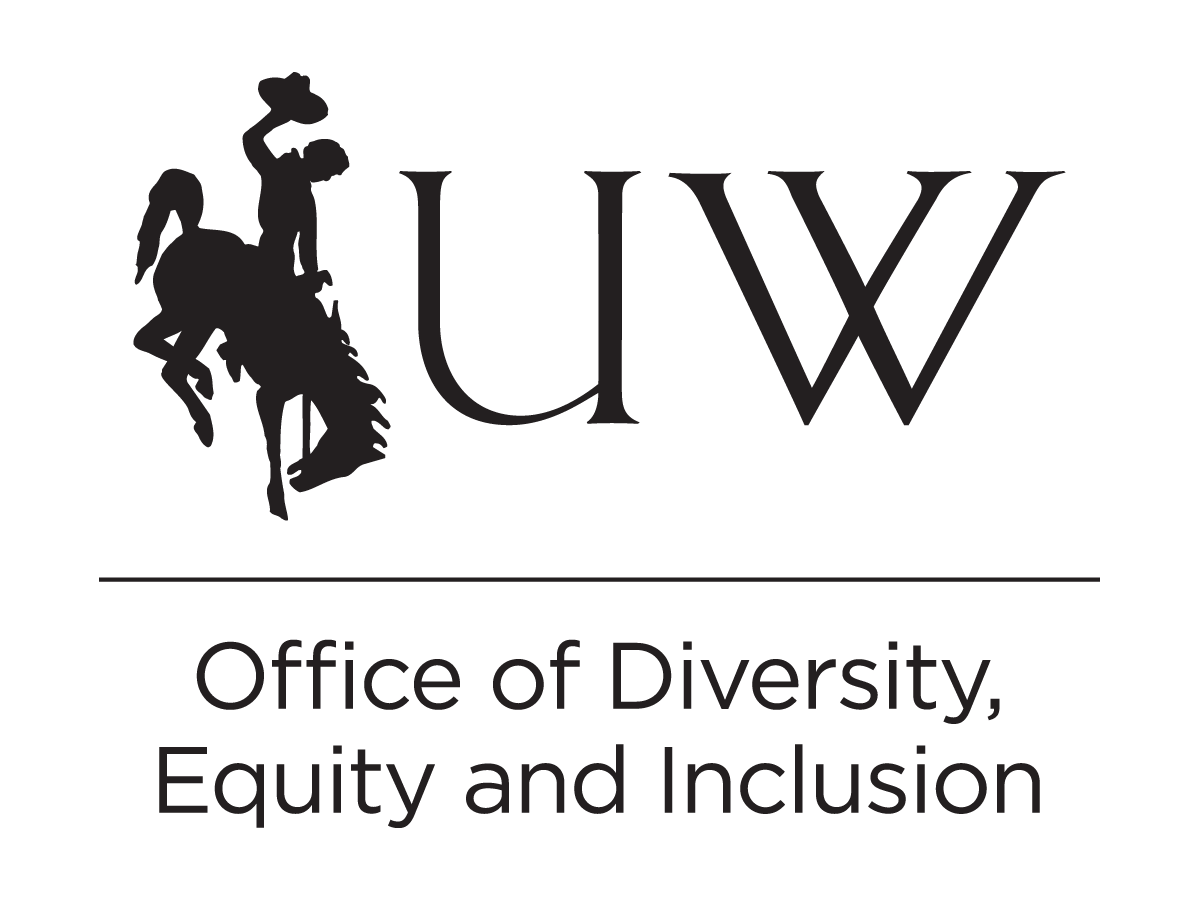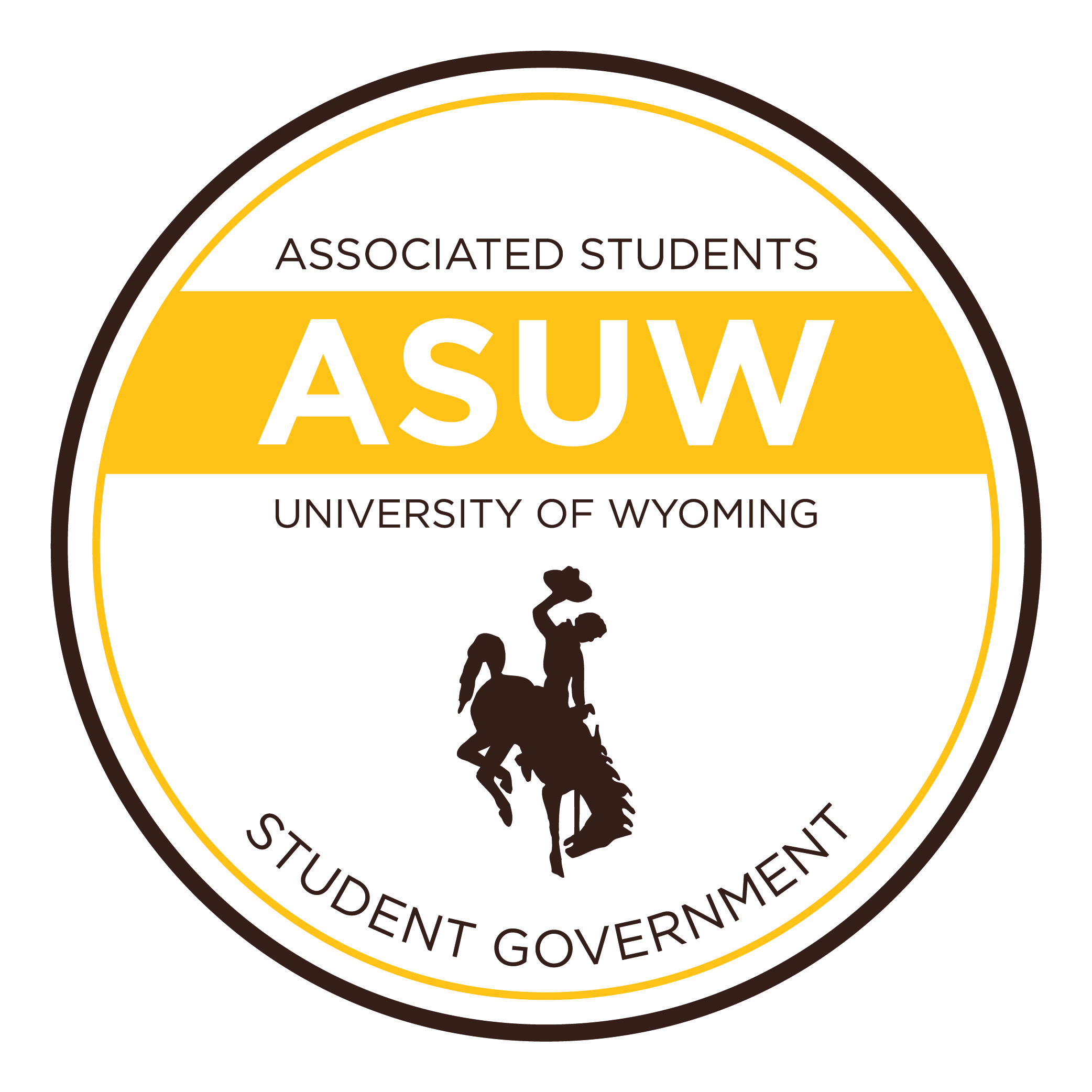The week of September 21– 27 is Banned Books Week, a week created by the American Library Association designed to celebrate the freedom to read and to educate about the dangers of censorship. Both the City of Laramie’s library and Coe Library are observing the event.
Each year, the ALA compiles lists of books that have been banned or challenged in different places throughout the country and provides them to the public. This year’s theme is graphic novels and comic books.
“The types of books that have been banned throughout the country vary widely in genre and age group. There’s never one category that banned books fit into,” said Shannon Tharp, assistant librarian at the University of Wyoming’s Coe Library. “One day it could be something like ‘Huckleberry Finn’ and the next day it could be something really contemporary.”
The list of the top ten books that have been challenged from 2013 includes “The Hunger Games” by Suzanne Collins as well as “The Perks of Being a Wallflower” by Stephen Chbosky.
“The extremes that people go to to ban things, “ said Cassandra Hunter, public services assistant librarian for the Albany County library. “There’s a ‘Where’s Waldo?’ book that was challenged because one page showed a sunbathing lady.”
The importance of recognizing these challenged and banned books essentially comes down to the First Amendment issue of freedom of speech.
“I believe in freedom of speech and as a librarian I believe in all sorts of modes of thought, books are kind of the center of thought,” said Tharp. “[Books are] A place where people can go to either have their questions answered or come up with more questions that they’re interested in. I don’t believe that I myself should be able to keep someone from reading whatever they want to.”
Hunter had a similar opinion.
“I think it’s important just to get the word out there that these books have been challenged and that we don’t appreciate censorship, censorship is a very dangerous road to be on,” said Hunter. “You cannot prevent people from reading things. It’s very important for people to have access to information. I think that that is one of the most important parts of democracy, a freedom for information, and these books are part of that.”



